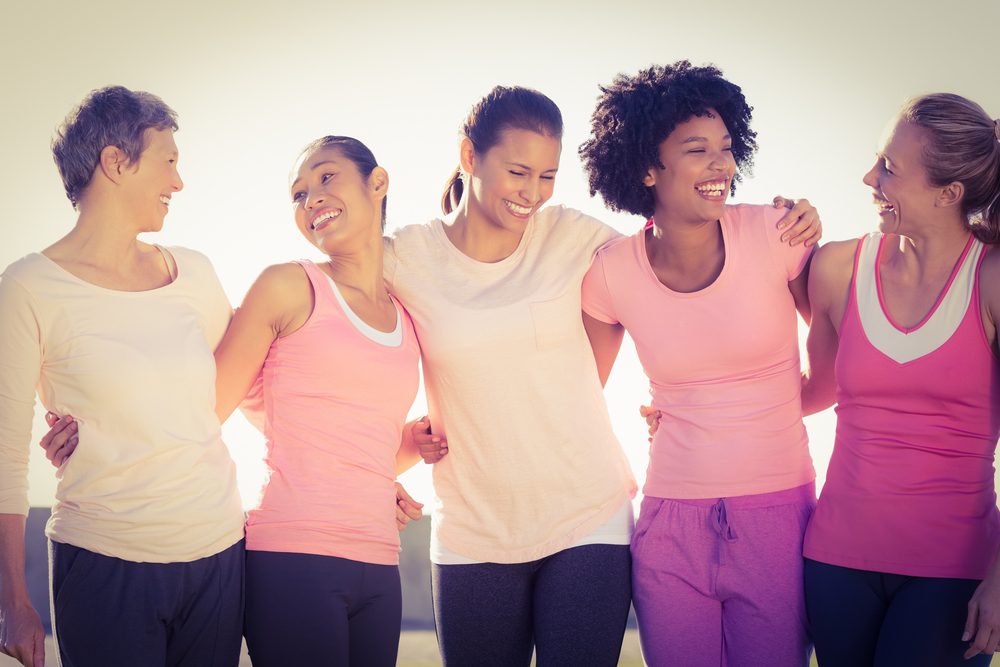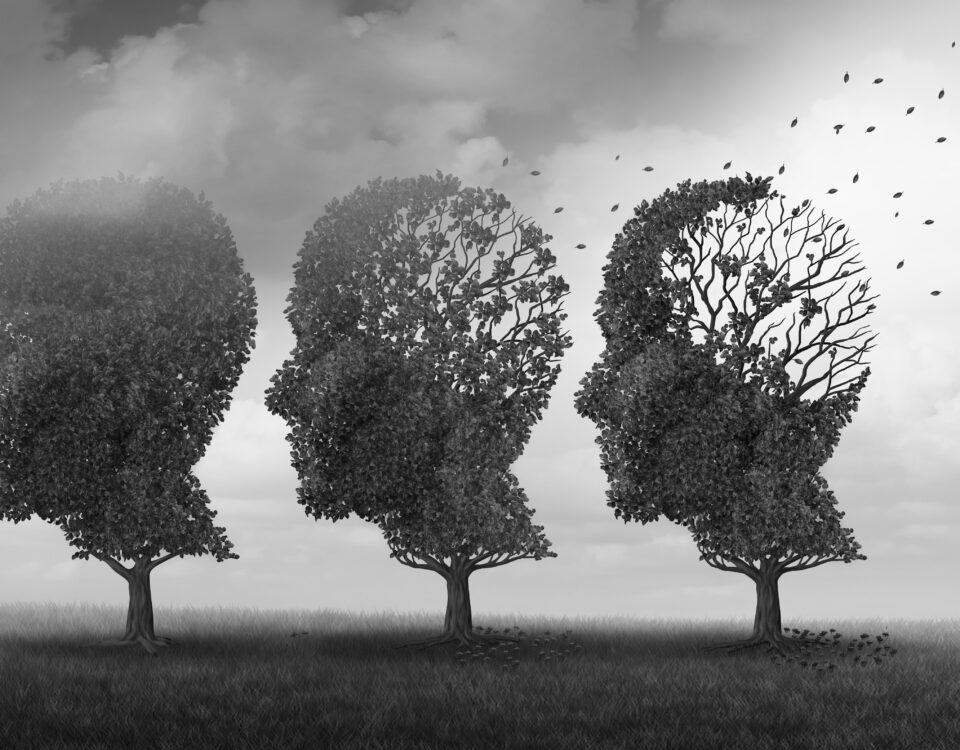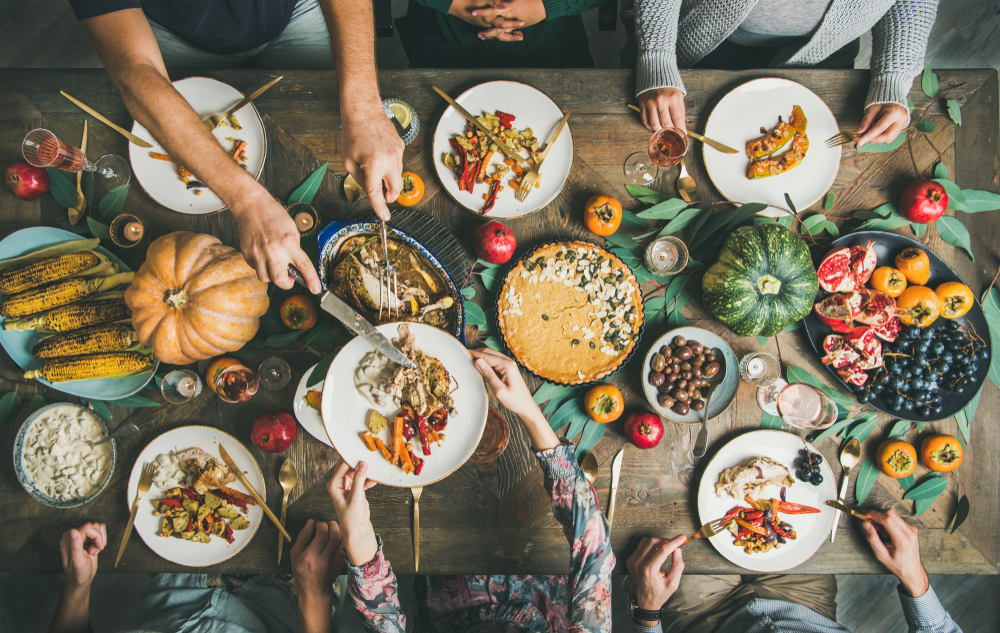
Great Tips for Healthy Holiday Eating
December 18, 2024
PTSD: Symptoms and Truths
December 18, 2024By Susannah Wollman
The American Cancer Society’s mission statement reads “we’re on a mission to free the world from cancer.” In order to do that, making people aware is the first and most important step. Many women think that they are too young to worry about breast cancer, but research shows that prevention at a young age can reduce your chances of ever developing the disease.
You could die.
Sorry to be so blunt, but the facts reveal that breast cancer is the second leading cause of cancer death in women. Your chances of dying from breast cancer are about 1 in 38 (about 2.6%). Of all cancers, only lung cancer kills more women than breast cancer.
You could live.
We’re going to help you see how to develop lifelong habits that show what to do if you are at risk. If 1 in 38 women die of breast cancer, 37 in 38 women live. We want you to be among that group!
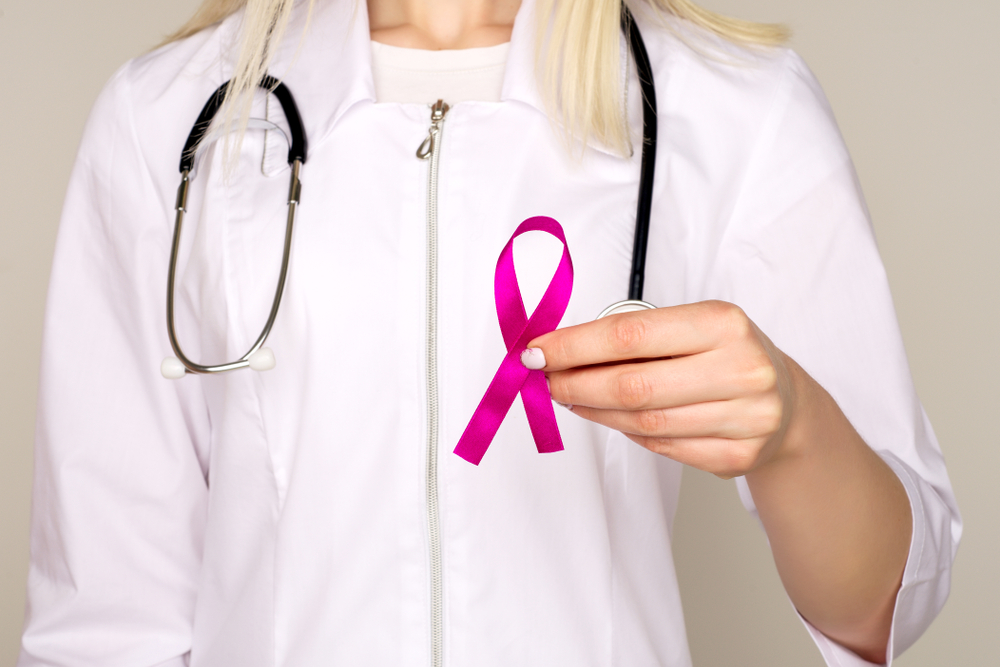
In your 20s.
- Because research shows that early detection means a greater probability of surviving, make an annual breast exam part of your health-habits early on. If you don’t have any known risk factors, once every three years is adequate.
- If you have a strong family history of breast cancer, a mammogram and MRI, with possible medication to prevent breast cancer, should be part of your annual health assessment starting at age 25 according to Julie R. Gralow, MD, director of breast medical oncology at the University of Washington and Fred Hutchinson Cancer Research Center in Seattle.
- Know your breasts. If you familiarize yourself with what is normal for your breasts, you may be able to catch any normalities before they become a real problem. If you detect something unusual or strange, contact your medical provider ASAP.
- Keep alcohol consumption to one drink per day, says Anne McTiernan, author of Breast Fitness: An Optimal Exercise and Health Plan for Reducing Your Risk of Breast Cancer.
- Breast-feeding your children for at least 6 months can cut your risk of low-grade, slow-growing breast cancer by 20% and up to 50% for triple-negative disease.
- Exercise regularly, at least 3 to 4 hours every week.
- Eat a healthy diet, decreasing or eliminating high-calorie, low-nutrition “junk food” like sugary drinks and highly refined breads. Keep your red meat consumption to 4oz. per day and eat lots of colorful fruits and vegetables.
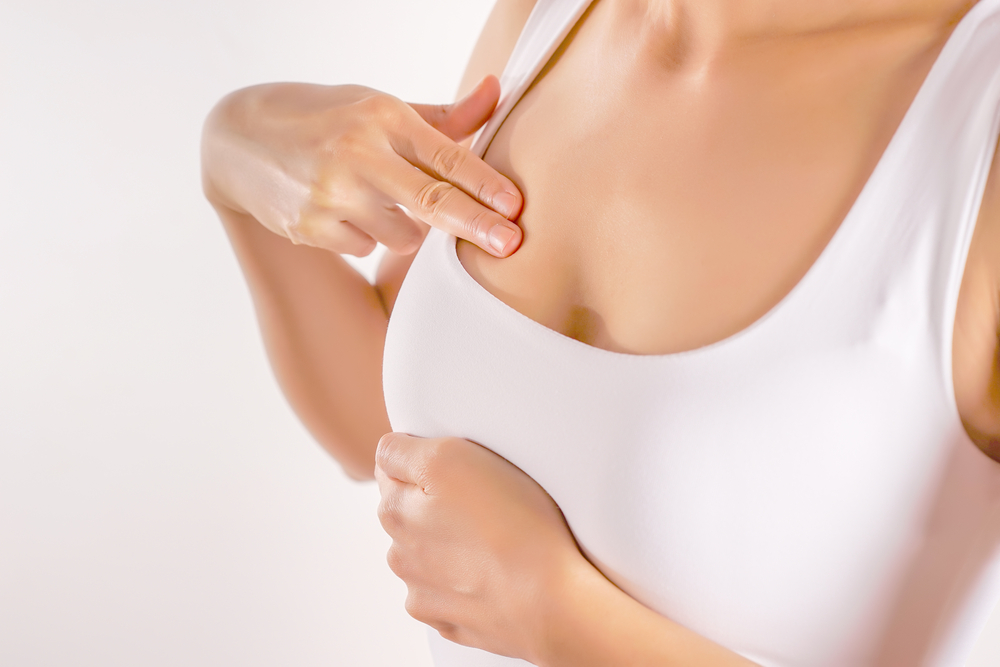
In your 30s.
- Everything in your 20s applies here, too.
- A recent Israeli study of women under the age of 45 indicated that exposure to several stressful life events before the age of twenty, (like divorce or death of parents), may increase your risk of breast cancer. Experiencing more than one [negative] meaningful life event…is a risk factor for breast cancer among young women, the authors, from Ben-Gurion University of the Negev in Beer Sheva and Haifa University in Haifa, Israel, said.
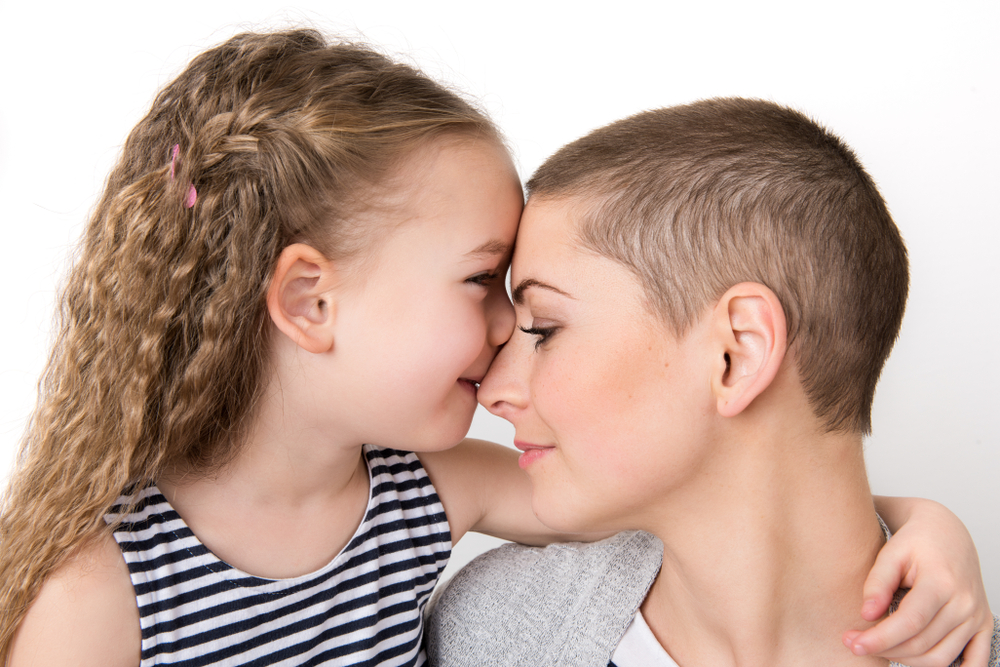
In your 40s.
- Since the risk of breast cancer increases to 1 in 70, you should schedule an annual mammogram along with your daily self-exam of your breasts and clinical exam.
- Continue items 4-6 from your 20s to maintain overall health.
- Consider chemoprevention if you are at high risk. “While the average woman should not take a drug to reduce the risk of breast cancer,” explains Julie R. Gralow, MD, “I would consider them for a woman whos had a biopsy that shows an increased risk for development of cancer.”
- Choose alternatives to known cancer-causing substances and procedures. “Radiation and some chemicals are known to cause cancer,” says Dr. McTiernan. Research has identified more than 200 potential breast cancer carcinogens.
- Don’t believe the myths. Check them out in our infographic.
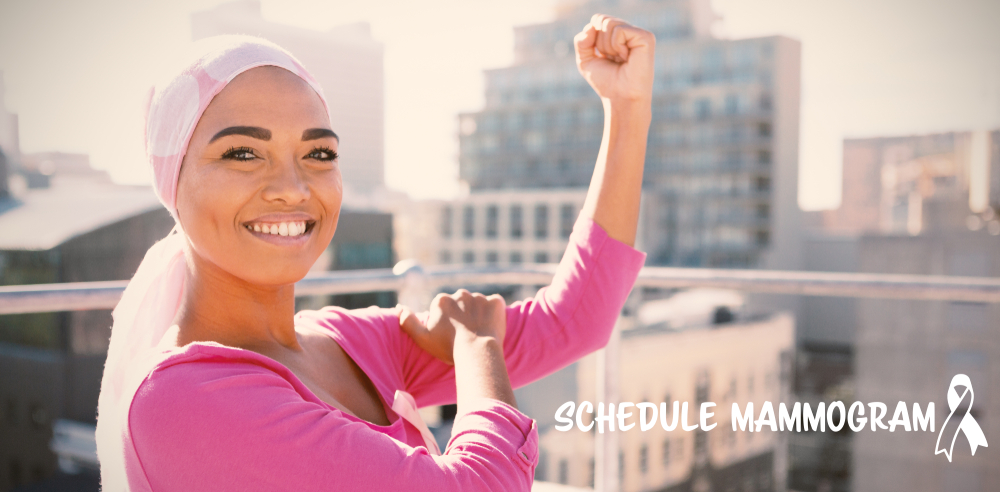
In your 50s.
- The risk of breast cancer increases to 1 in 40 in this, your sixth decade. By now, you should be firmly established in your healthy habits (items 4-6 in your 20s).
- Find your BMI (a rate of 25% or lower is what you should shoot for). Women who are overweight or obese increase their risk of getting breast cancer and lower their likelihood of surviving if they do get it. Avoid or at least limit hormonal replacement therapy. “Hormone replacement therapy, also known as postmenopausal hormone therapy (PHT), definitely increases your [breast cancer] risk,” says Julie R. Gralow, MD. Although she is not averse to using PHT for severe menopausal difficulties, she advises using it for no more than 5 years.
- If you are in a high-risk group, talk to your doctor about chemoprevention.
- Get enough—but not too much—Vitamin D. At the University of California, San Diego, researchers note that enough Vitamin D (1,000 IUs/day) is beneficial, convenient, and cost-effective for helping to prevent breast cancer. But The Institute of Medicine of the National Academies says that taking more than 2,000 IUs/day could be dangerous. Ask your doctor to check your Vitamin D level and recommend the proper supplementation, if needed.
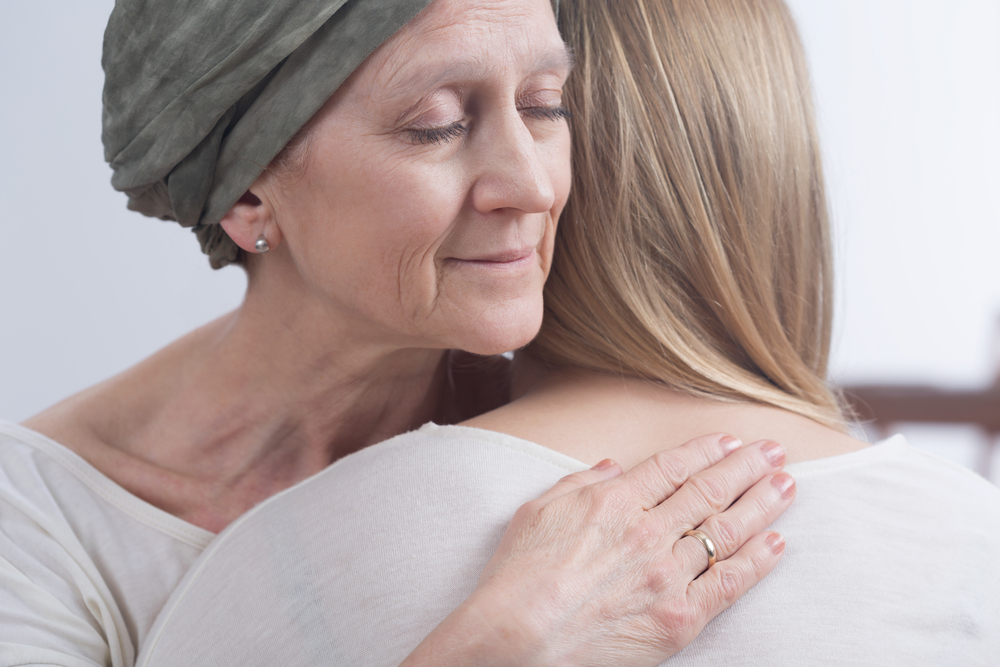
In your 60s or older.
- Now is the time to become even more vigilant, since the average age for a diagnosis of breast cancer is 62. Keep up all the healthy habits you have developed, watch your weight, and stay active.
- Make sure you are following your doctor’s guidelines for yearly mammograms and breast exams. Consider 3D mammograms for a clearer picture of your breast health, particularly if you have a family history of breast cancer.
Latest research.
The American Cancer Society can keep you informed about the latest research in breast cancer. The better informed you are, the more likely you will be to establish habits that lower your risk of becoming a statistic in breast cancer deaths. Although some factors are beyond your control (gender, race, age, and genetic makeup), there is much you can do to keep yourself healthy.
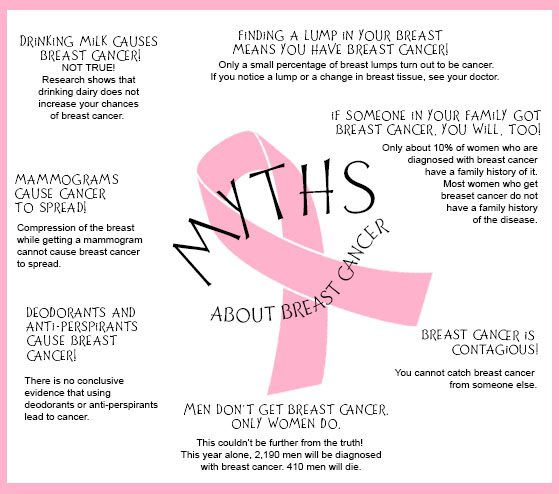
____________________________________
Resources
- About Breast Cancer, The American Cancer Society
- Julie R. Gralow, MD, February 9, 2016, ExploreHealth.com
- Julie R. Gralow and Anne McTiernan, Breast Fitness: An Optimal Exercise and Health Plan for Reducing Your Risk of Breast Cancer, October 27, 2000
- Ronit Peled, Devora Carmil, Orly Siboni-Samocha & Ilana Shoham-Vardi, Breast cancer, psychological distress and life events among young women, August 22, 2008
- Julie Green Brody, PhD, et al, 14 May 2007, Wiley InterScience, The American Cancer Society
- Breast Cancer Research and Clinical Trials, UCSan Diego Health
- Vitamin D, The Institute of Medicine of the National Academies
- What’s New in Breast Cancer Research? The American Cancer Society

